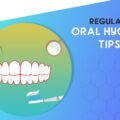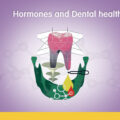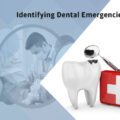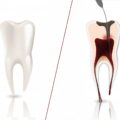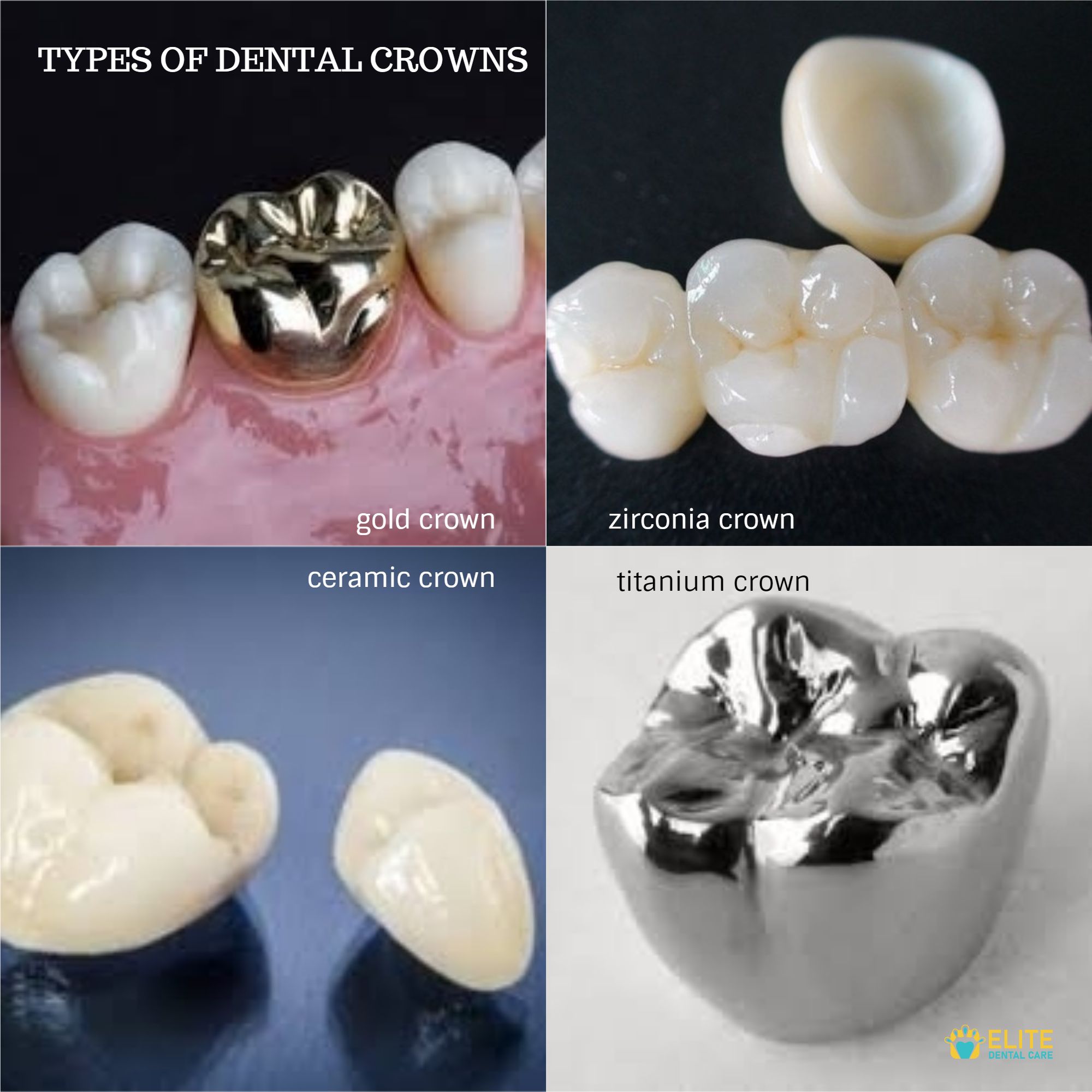
Uncategorized
edental
22 December 2020
TYPES OF DENTAL CROWNS FOR DIFFERENT PATIENTS – ELITE DENTAL CARE TRACY
Natural tooth serves the best, and you cannot compromise on losing it. Tooth implants or the artificial tooth cannot serve for a lifetime and give the best performance as that of a natural tooth. Hence it is always recommended to preserve the natural tooth. Dental crowns have been in use for a long to protect the tooth. Let’s dig around more on what are dental crowns and their types and how are they helpful.
What is a Dental Crown?
A dental crown is a customized prosthetic piece placed on your tooth to restore the shape, size and function of a defective tooth. Along with the protection of your teeth, dental crowns restore the beauty of your smile that remains concealed behind the defective tooth. As you cover your vehicle to protect it from dirt, dental crowns cover the teeth to protect them from wear and tear. Dental crowns are available in various colors and made of distinct materials like ceramic, gold, etc.
When do you need a Dental Crown?
There are a few situations when a dental crown placement is necessary.
• Covering dental implants
• Covering the discolored tooth
• To cover the large fillings
• Restoration of the tooth after root canal
• Restoring the tooth shape, size and function
• For cracked, chipped or worn out tooth
• For holding a dental bridge in place
• Protecting a weak tooth from further damage
What are the types of Dental Crowns?
When a dentist informs you that a crown is to be placed on your tooth, your mind becomes curious. What color of the crown would be placed? What material would the crown be made of? Will it suit my teeth?
These questions are out of normal human curiosity. And it’s quite obvious to have such questions because there are various types of dental crowns available in the market that come in various colors and materials. There are also temporary and permanent crowns based on the type of dental treatment you undergo. For a root canal, a temporary crown is placed during the initial visits and ultimately replaced with a permanent crown in the final seating. Let’s list a few types.
All-Ceramic or All-Porcelain Crowns
These are the most commonly used dental crowns owing to the reason that ceramic crowns blend well with your remaining natural teeth and also be well-matched with the natural color. These are used for front teeth restoration but are comparatively weaker to the metal crowns.
Metal Crowns
These crowns are made of alloys with gold/platinum as the prime component or are composed of base alloys like nickel-chromium or cobalt-chromium. These are the highly resistant, most durable crowns that do not break or wear and can bite or chew food efficiently. They last long and require only a small amount of your tooth for removal. The only drawback they pose is that they are not preferable for front teeth owing to the mismatch of color with the remaining natural teeth.
Porcelain Fused to Metal Crowns
The drawback of the metal crowns is removed with PFM crowns. Being a combination of metal and porcelain, they possess the properties of durability, resistance and high strength of the metal. They are blended easily to the color of the remaining natural teeth owing to the use of porcelain. These are comparatively less expensive than all-porcelain crowns. These are an appropriate choice for the front and back teeth.
All-Resin Crowns
These crowns are wholly made of resin and are the least expensive ones. But they wear out or fracture at a higher rate compared to the other counterparts.
Zirconia Crowns
These are new entrants in the list of dental crowns having the strength of metal crowns and the aesthetics of porcelain crowns. They break or chip rarely compared to the porcelain ones. They do not cause allergic reactions and are biocompatible.
How to increase the life of Dental Crowns?
Depending on the material and usage, a dental crown can last for anywhere between 5-15 years. To extend the life of a dental crown one must follow the below-mentioned procedures.
• Maintain proper oral hygiene
• Brush your teeth twice a day with the correct procedure
• Floss your mouth at least thrice a day to remove any food particles stuck in the teeth or crown.
• Get your regular dental check-ups and dental cleanings done to detect any abnormality
• Avoid foods that stick to the dental crown and are hard to remove
• Avoid foods that are quite hard to bite and chew upon.
• If you have the habit of teeth clenching or grinding, consult the dentist and wear a mouthguard otherwise, the crown may break, or you may end up hurting your tongue and mouth.
• Keep your gums neat and hygienic.
Dental crowns can shape and protect your teeth in a considerable way, but it’s also necessary to keep these crowns clean and away from damage. Though it cannot last for a lifetime, with proper care, it can go for a decade or two. Visit Elite Dental Care for protecting your teeth with good quality dental crowns and avail of great discounts.
